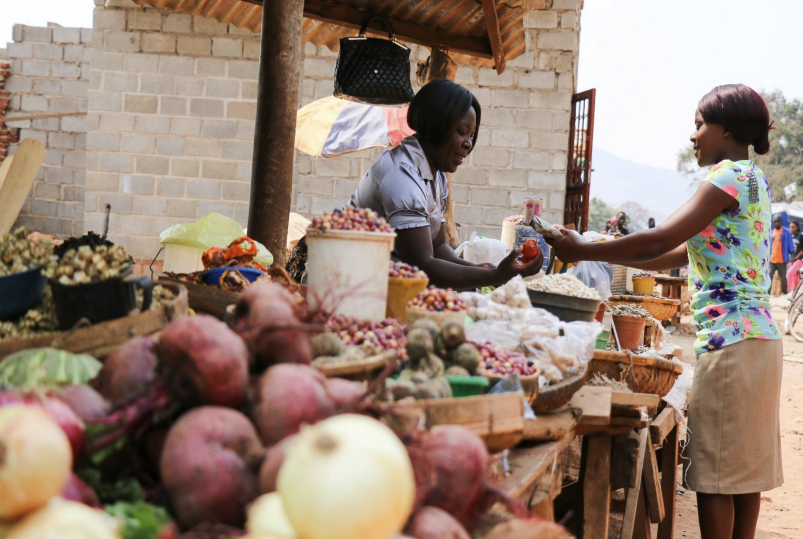
Testing tools for assessing systemic change: Network Analysis
- Partner: Leveraging Economic Opportunities (LEO), United States Agency for International Development (USAID)
- Publication Type: Report
- Date: 2016
This paper summarizes MSA’s test of the Network Analysis approach as a tool to measure systemic change. In late 2015, a researcher from MarketShare Associates with the Leveraging Economic Opportunities (LEO) activity conducted a network analysis of traders within the vegetable market system in Sierra Leone, to evaluate network analysis as a technique for describing market system dynamics, evaluating systemic change over time, and identifying potential leverage points for intervention by market systems programs.
Read More
Is the ‘MSD hockey stick’ a fable or a fact? Early lessons from the USAID ex-post series
- Partner: BEAM Exchange, Feed the Future Market Systems and Partnerships (MSP), DAI
- Publication Type: Blog
- Date: November 12, 2024
This blog explores insights from USAID’s Ex-Post Evaluation Series—highlighting the transformative impact that Market Systems Development (MSD) can drive across programs.
Read More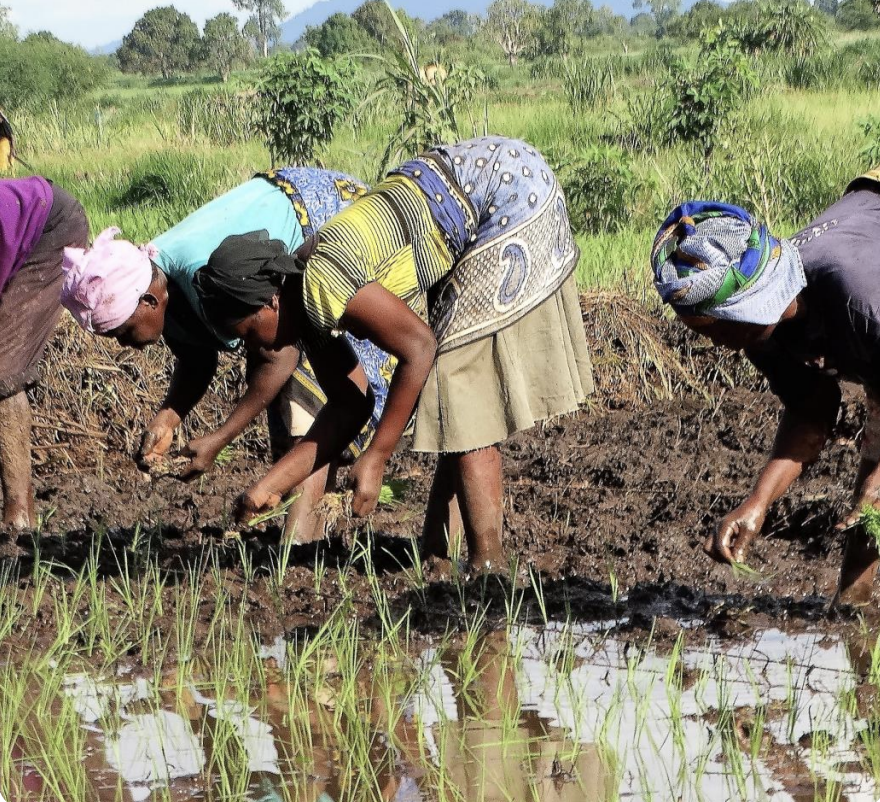
Do the Impacts of MSD Activities Sustain and Scale After Close? An Evidence Synthesis from Recent Ex-Post Evaluations
- Partner: USAID Feed the Future Market Systems and Partnerships (MSP), DAI
- Publication Type: Learning Brief
- Date: October 4, 2024
This evidence synthesis captures findings from USAID’s ex-post studies in Ghana and Senegal, and bolsters the evidence base for market systems development.
Read More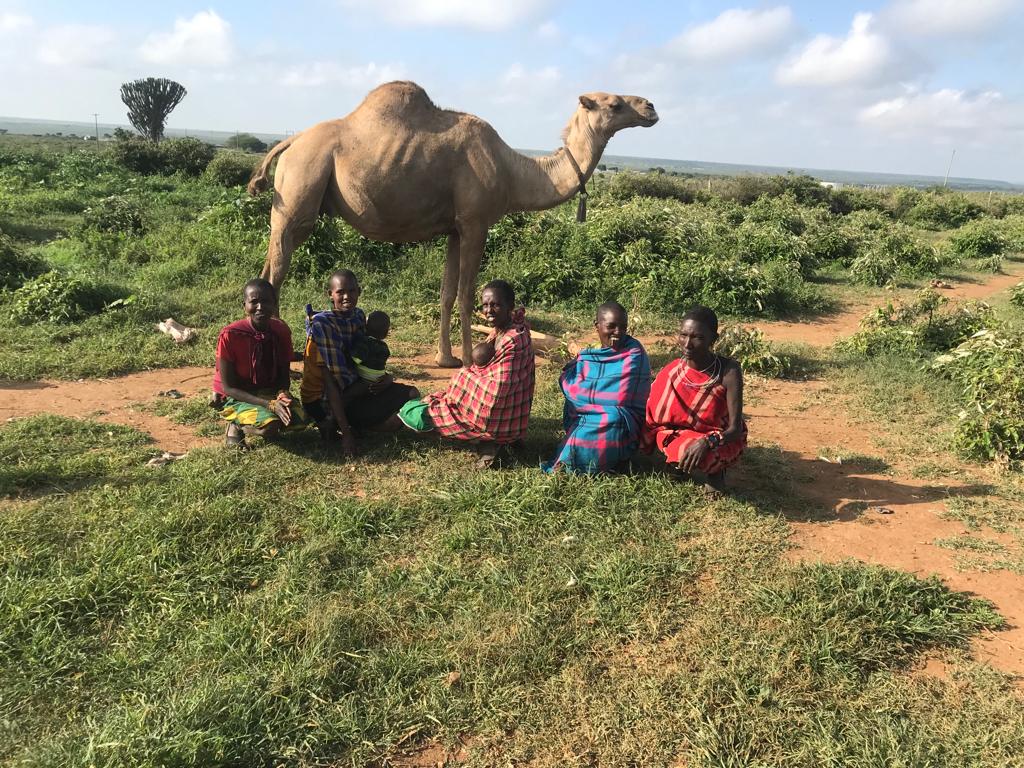
Improving Women Pastoralists’ Access to Animal Health Services: Recommendations in Ethiopia and Kenya
- Partner: CoWater SPARC
- Publication Type: Blog
- Date: September 9, 2024
This blog provides evidence-based recommendations to improve women pastoralists’ access to animal health, using the experiences of pastoral communities in the drylands of Ethiopia and Kenya.
Read More
Bridging the Gender Gap in Animal Health Services as a Resilience Pathway: Insights from Pastoralist Communities in Ethiopia and Kenya
- Partner: CoWater SPARC
- Publication Type: Blog
- Date: September 9, 2024
This blog explores the dynamics of women’s and men’s access to and use of animal health services (AHS) among pastoralist communities.
Read More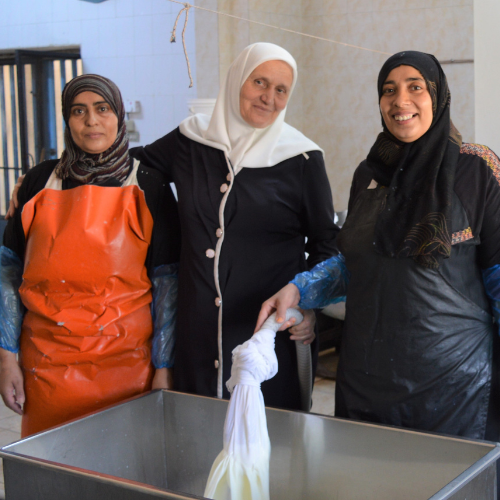
Affecting Equitable Systems Change as a Woman-Owned Business
- Partner: Small Business Association for International Companies
- Publication Type: Blog
- Date: August 27, 2024
This SBAIC blog shares MSA’s perspective as a woman-owned business and highlights strategies for thinking beyond conventional development practices.
Read More
Profit with Purpose: How Women-Inclusive Business Practices Drive SME Success
- Partner: USAID Feed the Future Market Systems and Partnerships (MSP), DAI, Williams Davidson Institute
- Publication Type: Blog
- Date: July 18, 2024
This blog from Business Fights Poverty examines how inclusive investments advance growth for SMEs and explores insights from the Women-Inclusive Return on Investment case study series.
Read More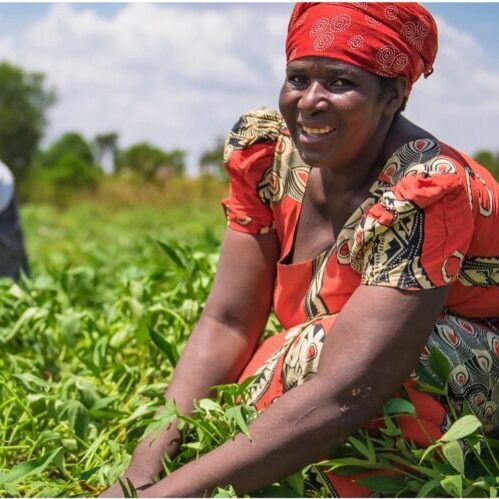
Leveraging Opportunities for Systemic Change: Insights from a Market Systems and Performance Baseline of the Rwandan Food System
- Partner: USAID Feed the Future, Cultivating New Frontiers in Agriculture (CNFA)
- Publication Type: Learning Brief
- Date: June 5, 2024
The Hinga Wunguke Baseline Study summary brief presents baseline learnings from Rwanda to inform stakeholders and activities striving towards more inclusive and equitable agricultural market systems.
Read More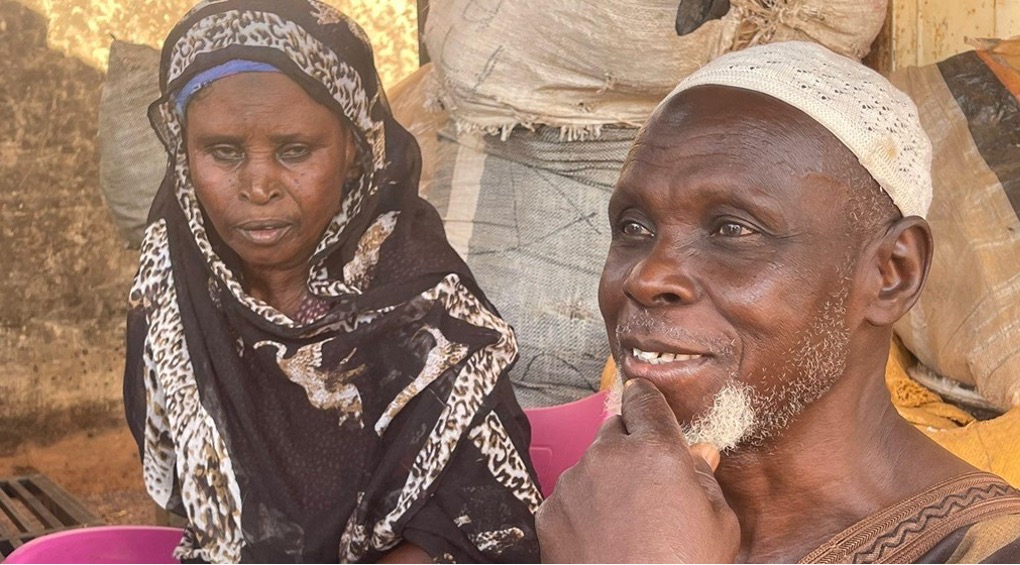
Lasting Roots: ADVANCE II and the Outgrower Business Model in Ghana
- Partner: USAID Feed the Future Market Systems and Partnerships (MSP), DAI
- Publication Type: Report
- Date: May 16, 2024
This report examines the scale and sustainability of changes resulting from ADVANCE II’s introduction of an Outgrower Business (OB) model in Ghana’s agricultural sector.
Read More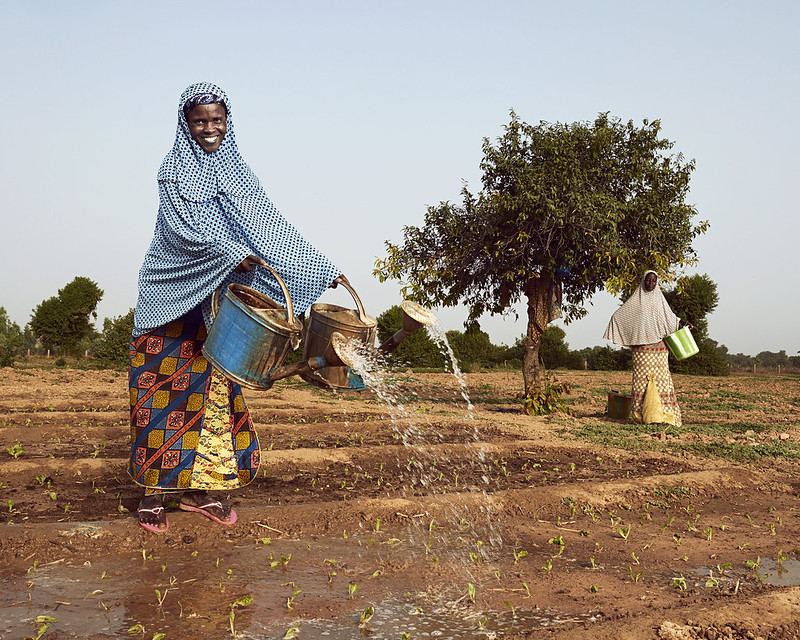
Closing the Gap: A Synthesis Report on the Cases for the ROI of Women’s Inclusion
- Partner: USAID Feed the Future Market Systems and Partnerships (MSP), DAI, Williams Davidson Institute
- Publication Type: Case Study
- Date: April 24, 2024
This synthesis report in the Women-Inclusive Return on Investment series showcases promising models of women-inclusive investments and summarizes case study findings to support further understanding and implementation.
Read More

